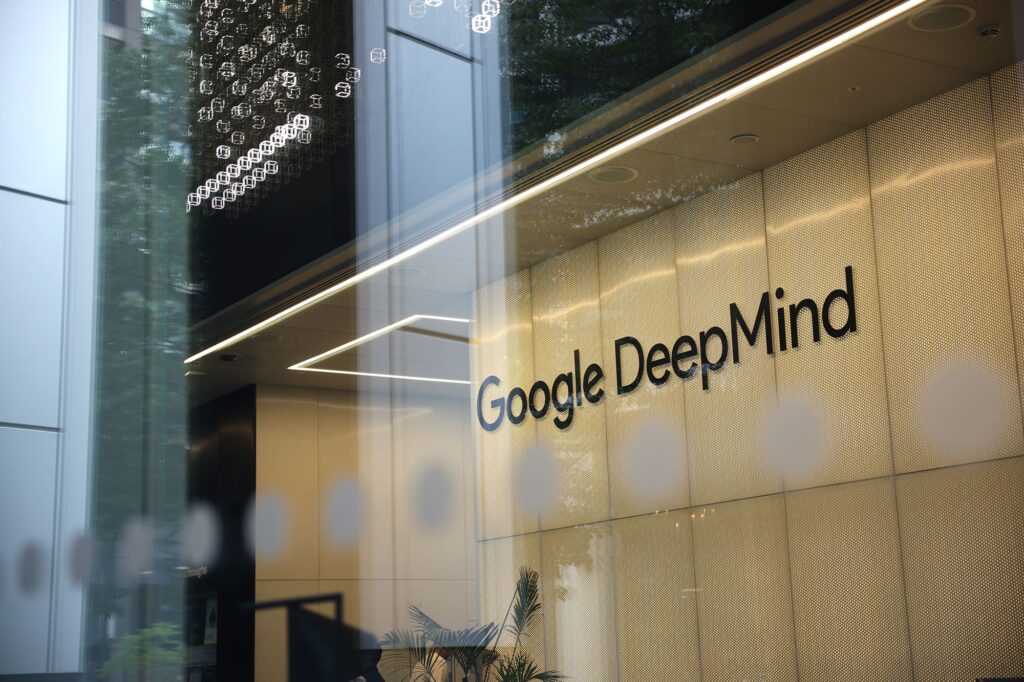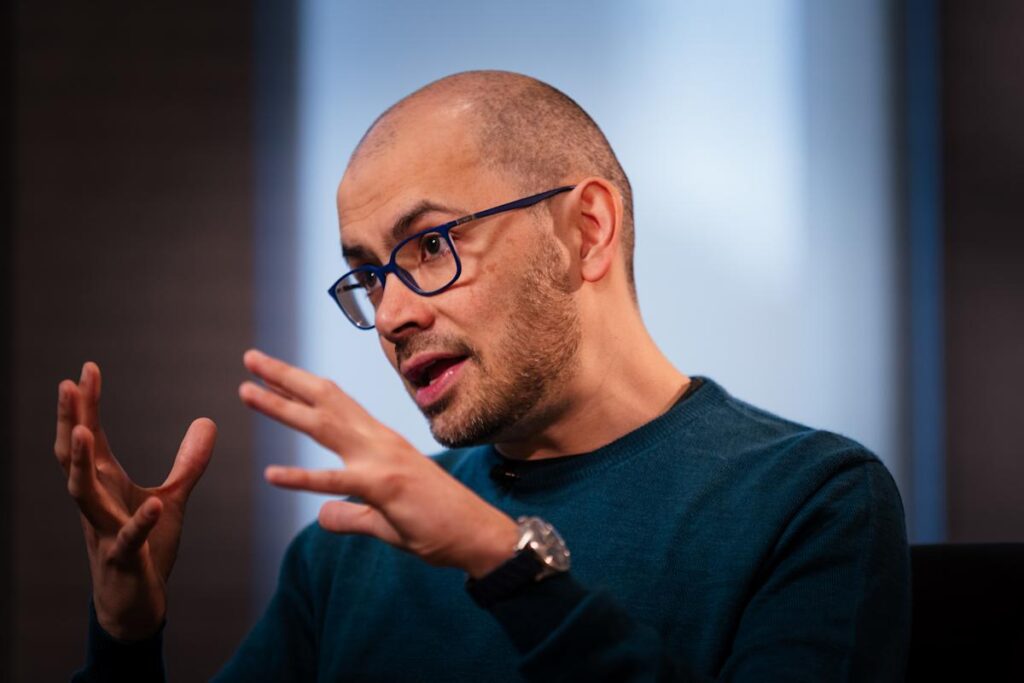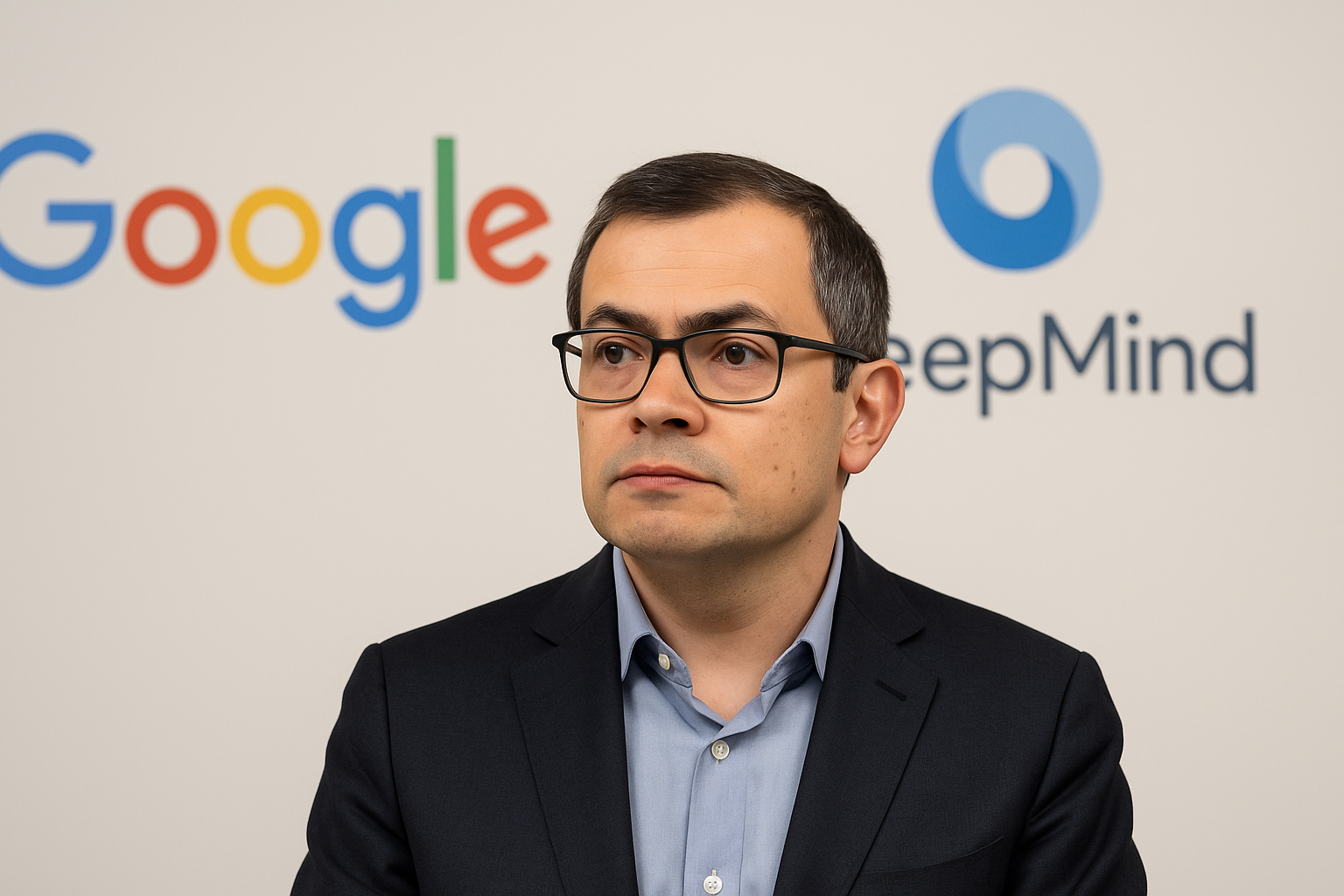The DeepMind CEO’s quest for control has become a defining narrative in the artificial intelligence world. Demis Hassabis, a chess prodigy and neuroscientist turned AI trailblazer, has always envisioned a future where artificial general intelligence (AGI) could benefit humanity not just fuel corporate profits. Yet since DeepMind’s acquisition by Google in 2014, Hassabis has walked a tightrope: striving to maintain his team’s independence while being tied to one of the world’s largest tech empires.
In 2023, that balance was shattered when Google merged DeepMind with its internal AI team, Google Brain, forming a new entity: Google DeepMind. This move brought Hassabis into the core of Google’s operations and, paradoxically, closer to what he had long avoided corporate integration at the cost of scientific freedom.
From Independent Lab to Corporate Engine
Founded in 2010, DeepMind aimed to push the boundaries of what AI could do. With groundbreaking projects like AlphaGo and AlphaFold, the lab showed the world the power of neural networks and reinforcement learning. These achievements reflected Hassabis’s passion for long term, ethical AI development.
But Google’s $500 million acquisition came with strings. Initially, DeepMind operated autonomously, with assurances from Google leadership that the lab would retain control over its research agenda. A dedicated ethics board and promises of insulation from commercial pressures gave the team space to dream big.
AI researcher Dr. Kate Crawford of USC notes, “DeepMind’s early independence allowed it to take risks that would be untenable inside a traditional product driven structure. It was an ideal model until commercial urgency caught up.”

The Turning Point: 2023’s Merger and the Loss of Autonomy
The DeepMind CEO’s quest for control took a dramatic turn when Google unified its AI efforts. As OpenAI and Microsoft surged ahead in generative AI, Google saw the need to streamline and consolidate its resources. The result was a power shift that placed Hassabis at the head of a more centralized operation Google DeepMind but at the cost of the autonomy he had once fiercely protected.
Gemini AI
Gemini, Google’s flagship generative AI model developed post merger, became a symbol of both progress and compromise. Built using the combined talents of DeepMind and Google Brain, Gemini showed technical brilliance but raised questions about who truly held the reins. Was this still Hassabis’s vision? Or was he now a general in Google’s war for market share against OpenAI?
Personal perspective:
A former DeepMind employee shared anonymously, “There used to be this sense that we were building something bigger than profits. After the merger, that idealism felt diluted. We had more meetings about KPIs than neural net structures.”
Navigating Corporate Currents While Steering the AI Ship
Despite the internal tensions, Hassabis has embraced his elevated role with strategic calculation. By leading Google DeepMind, he retains significant influence over Google’s most critical AI projects. He also gains access to vast compute power, datasets, and global infrastructure resources necessary for achieving true AGI.
Industry analyst Benedict Evans argues, “This could be the only way forward. If you want to compete with OpenAI or Baidu, you need scale. Hassabis probably understands that autonomy now means influence, not separation.”
Ethical Imperatives vs. Market Forces
The DeepMind CEO’s quest for control is also a moral struggle. Hassabis has long warned about the risks of unchecked AI development. In interviews, he emphasizes safety, interpretability, and the need for guardrails. But these concerns often clash with Google’s need to ship products and generate revenue.
Professor Margaret Mitchell, a former Google AI researcher, commented, “DeepMind’s work on AI safety was pioneering. Now, under the pressure of monetization, I fear those conversations will be sidelined.”
To counter this, Hassabis is reportedly advocating for internal red teams, ethics reviews, and slow deployment cycles for new models an approach that echoes his original vision.

A Future Defined by Balance and Strategy
The DeepMind CEO’s quest for control is not about rebellion it’s about preservation. Hassabis seeks to guard the soul of a lab that once operated on curiosity, ethics, and science first ideals. While total independence may no longer be possible, the evolution of his leadership will determine whether those values can survive inside the world’s most powerful tech ecosystem.
In the evolving AI arms race, Hassabis remains one of its most complex figures a visionary caught between corporate imperatives and ethical frontiers. Whether he can continue to shape AI responsibly from within the Google juggernaut is a question that will shape not only the future of the company but the trajectory of humanity’s relationship with artificial intelligence.

1 thought on “The DeepMind CEO’s Quest for Control: Demis Hassabis and the Fight for AI Autonomy at Google”